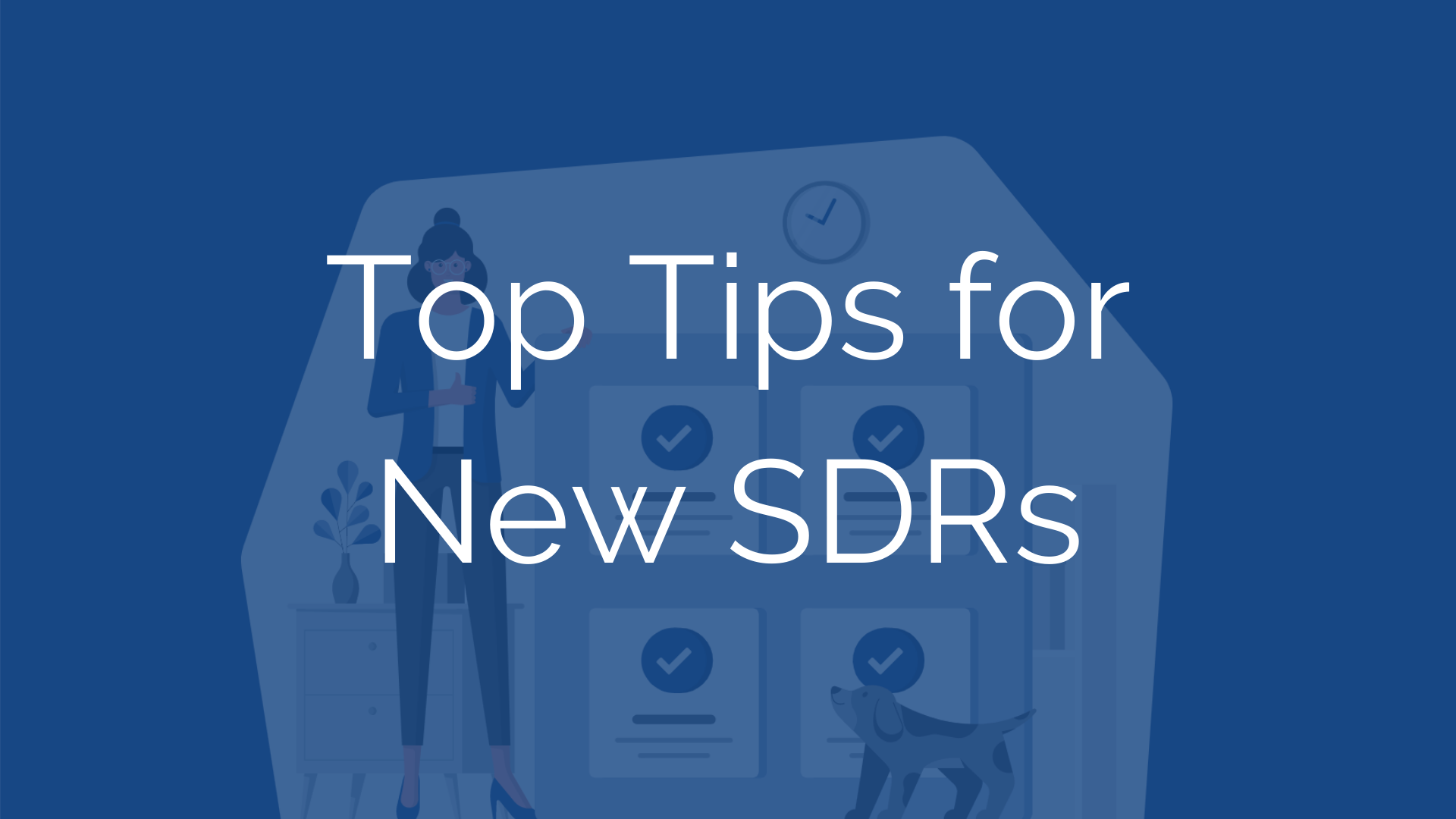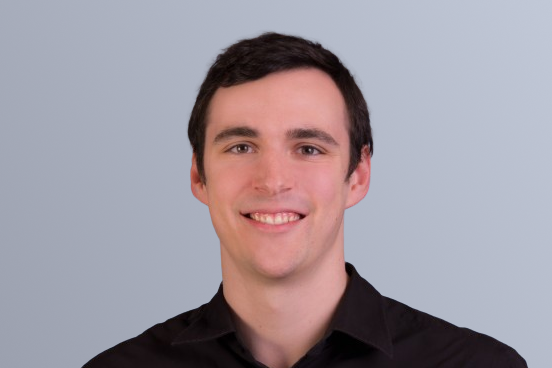Leveraging Your SDR Experience

SDR Symposium | December, 2021
Nobody wants to be an SDR forever.
The good news? Nobody expects you to be an SDR forever.
The SDR position is a great way to build out some key foundational skills – be it around sales, marketing, operations, management, or customer success.
And our final symposium of 2021 really hammers that point home.
We brought back 4 demandDrive alumni to talk about their SDR experience.
Each one of them was able to take what they learned and leverage the skills & lessons into new roles at different companies.
The takeaway?
They didn’t look at their time as SDRs as a holdover to bigger and better things.
They used their time as SDRs to build a foundation to bigger and better things.
Let’s dive into how you can do the same.
The Panel
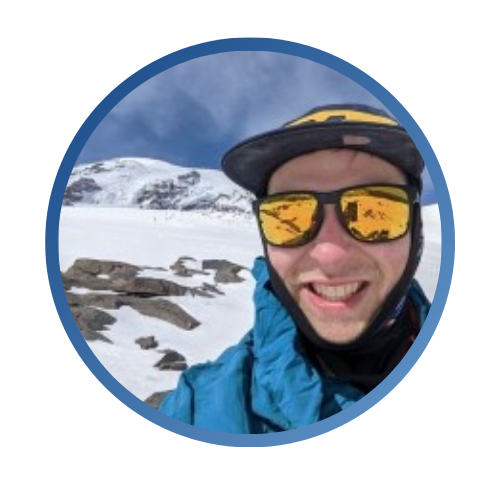
Trey Harnden
AE @ Demio
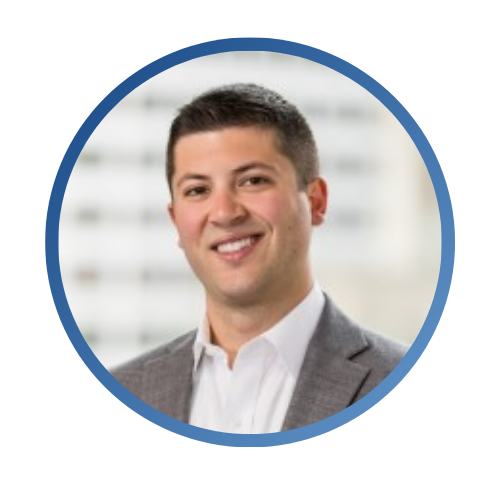
Patrick Burns
Demand Generation Lead @ QuartzBio
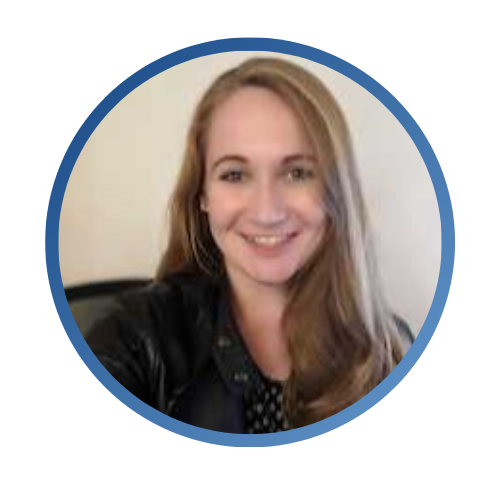
Alexa Rzasa
Sr. Product Marketing Manager @ Dasera

Brett Hovanec
Sales Operations Manager @ Vista VCS
Don’t like reading? Check out this video highlight instead!
Why Sales Development?
We kicked off this symposium by getting to know the panelists a bit more. We figured if you want to understand how they go to where they are now, you need to learn about their pasts. Namely, how and why did you become an SDR?
For most our panel, the answer was simple: Sales is a great place to start.
Coming out of college, Alexa had dreams of becoming an entrepreneur. And she knew that sales was the gateway to success as a business owner.
Trey felt similarly – the training you get as an SDR serves as a great introduction to the workforce for a new college grad.
Pat looked at sales as an opportunity to find his way in the workplace – a place to uncover and hone new skills.
And Brett, who had previous sales experience, recognized the importance of continuing to build on those skills in a new environment.
—
Put simply, they all recognized that to set yourself up for future success, starting out as an SDR was the best first step.
For Trey, that future success was moving deeper down the funnel and leveraging his SDR experience in an AE position.
For Pat, it was taking his skills to the management side of things and running an SDR team of his own.
For Alexa, it was leveraging her experience as an SDR and manager across the aisle in product marketing.
And for Brett, it was building on his experience as an SDR in an operations role.
How Did You Know You Were Going Down the Right Path?
Naturally, after hearing about the paths our alumni took after leaving demandDrive, we wanted to know how they knew it was the right one for them.
It boiled down to personality and how each of our panelists approached the SDR position.
Look at Trey. As an AE, his responsibilities still reside on the sales side of the business. And for him, that means freedom. As he put it:
The inputs and outputs of sales aren’t directly correlated.
As a believer in the Pareto Principle, his focus is to do a lot by doing a little. Or, as the trope goes, work smarter and not harder. As someone who values his free time, Try loves the freedom associated with a sales role. If you can hit your goals without putting in 100%, you have that extra time to ski, work on a side hustle, or hit your accelerators. Whether you’re at the top, middle, or bottom of the funnel, this principle holds.
Brett had a similar mentality, but it took him down a different path. As an operations manager, his job is all about efficiency – how can he get teams running at an optimal pace?
To his own detriment (his words, not mine!), that was an obsession that started out in the SDR role. He was always finding himself tinkering with new ways of doing things and building systems to do things faster. For him, that jump to operations was a natural one.
Alexa’s jump was less natural, but still organic. Her time as an SDR exposed her to a ton of different teams & organizations – and that means exposure to how you can tackle similar issues with different solutions.
Specifically for her, she found a lot of value in working with her marketing counterparts. Understanding their point of view and influence on the organization’s direction pushed her down that path herself.
Pat made the jump into management because it was something his managers thought he would be good at, and it’s something he ended up enjoying. He found fulfillment as a senior SDR training & coaching his peers and working to make the whole team successful.
That jump into management was a natural one for him, as it allowed him to continue learning and growing as a sales professional while giving him the ability to positively impact his team.
OK, Now How Do I Do That?
Now that our SDRs have heard from the alumni on how they got to where they are now, it was natural for them to think about their own paths. They asked our panel questions like “How can I get a $100K+ OTE sales job?” and “How did you know where to carve out your spot?” and “What can I do to prepare myself for the future?”
We want to highlight a few answers from our panelists here that (we think) apply to every SDR out there.
Be Intentional was a piece of advice from our panelists that really hit home. Whether you want to land a high-paying sales job or transition out of sales into another department, you have to be strategic. Simply bouncing from company to company as an SDR won’t do you any good.
Think about the types of skills you’ll need in your future role and start to develop those early. Use your time as an SDR to build those up while you progress in the role.
Think about the type of company you want to work at and target those for your next role. If you want to dip your hands into more than one bucket, look at startups. If you want that $100K+ OTE job, look at unicorns.
Think about the type of culture you thrive in. Find a company that can properly motivate you to achieve your goals and has an environment that suits your needs.
But above everything else, make sure you communicate your intention to your managers. You won’t be able to reach your goals alone. Be transparent with your manager and tell them about your future plans. Set-up a system in which you help each other. If they work with you to develop the skills and experience you need for your next step, you work with them to be the best SDR you can be. Make it a win-win situation.
Final Advice
Continuing the above and wrapping up the conversation, we asked our panel to give out a final piece of advice to the SDRs in the audience.
Pat: Be purposefully curious.
Nobody knows everything, and everybody knows something. A curious mind will serve you well as an SDR. Use your early career to learn as much as you can. And if you find something you really like, lean in. Make the case for you to build it into your job.
Also, don’t ask questions just to ask questions. Be meaningful.
Alexa: Find value in the unglamorous work.
Everything you do has value. Whether it’s building a list, updating your CRM, or mapping an account, they all provide foundational skills for your future career. Learn to embrace these, build discipline, and grow from them. Because what you do now will impact you 5 years from today. Always have future you in mind.
Brett: Find out what you loathe.
It’s great to experiment and find out what you enjoy doing, but it’s much more important to find out what you hate. Because if you’re doing something you hate, you’ll never give it your all. It’s best to find out early on in your career what you loathe to do and build up the skills and knowledge around how to avoid it.
Trey: Build stuff just to break things.
You don’t know what your professional life is going to look like in 6 months. The last thing you want is to be put in a situation where you think: “I wish I knew how to do ___.” Use the time you have now to try try try everything. And if it doesn’t work, that’s ok. Learn from your mistakes, tweak some things, and improve for next time. The more knowledge and experience you gain now will help you in the future.
—
And hey, while we’re doing this, we’ll toss on an extra piece of advice for you.
Don’t wait for people to offer you things. Go get what you want.
Proactivity is an incredibly valuable trait to have as an SDR. Your manager is tasked with 2 things:
-
To manage you. That means making sure you’re hitting your activity metrics, don’t have anything blocking your success, providing you with the necessary resources, etc.
-
To coach you. That means giving you the time and attention you need to develop skills that help you do your current job (and future jobs) better.
Most managers focus on #1 and only #1. Sometimes it’s because they don’t have the time or bandwidth for #2. Sometimes it’s because you haven’t indicated #2 is important to you. Sometimes they just don’t care ( ).
You can fix all of that by being proactive. Tell your manager what you want, what you need, and why. Because investing in yourself is a lot easier when you have someone helping you.
There’s no sugarcoating it – the SDR role is tough.
You’re stuck at the bottom of the ladder doing a very difficult job that gets little to no respect.
But it’s also a fantastic learning experience.
And choosing to look at your time as an opportunity to build key skills will shape your future in positive ways.
Looking for more resources on how to build and action your SDR skills? Look no further.
A collection of advice from the Sales Hacker, SDRevolution, and LinkedIn communities on getting the most out of your first few months in the SDR role.
Feeling burnt out? Not sure where to go? Here are a few post-SDR career options that you can explore.
+
A few of our podcast episodes focused on SDR skill development…

Personal Brand + Building Sales Skills with Kyle Vamvouris
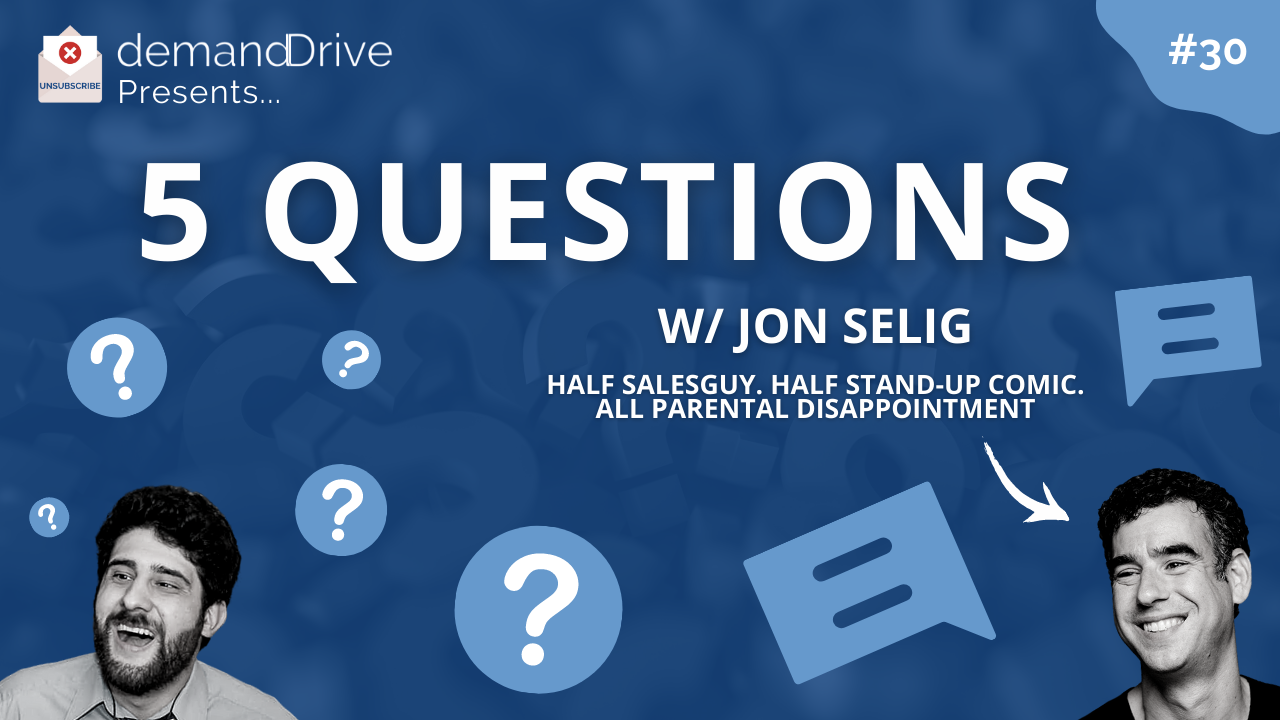
Leveraging Humor in Sales with Jon Selig
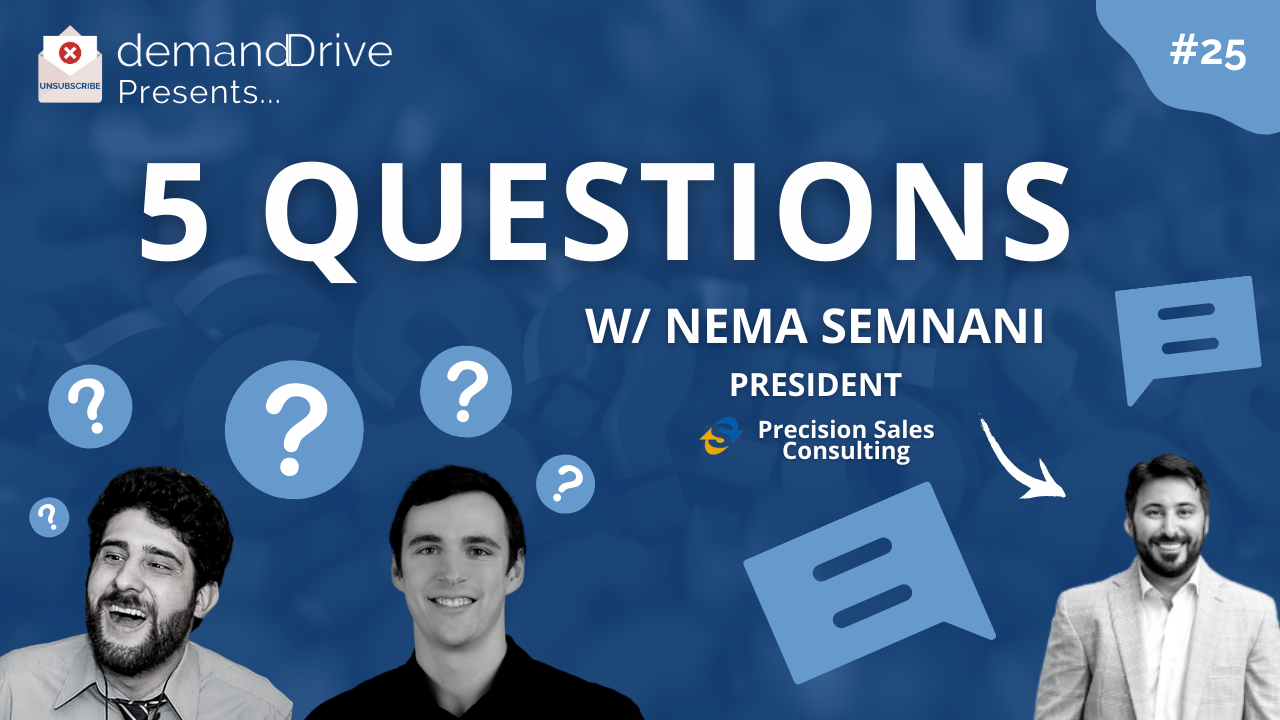
AE Tactics for SDR Teams with Nema Semnani
Related Resources
Continue exploring

Embracing Online Sales Communities
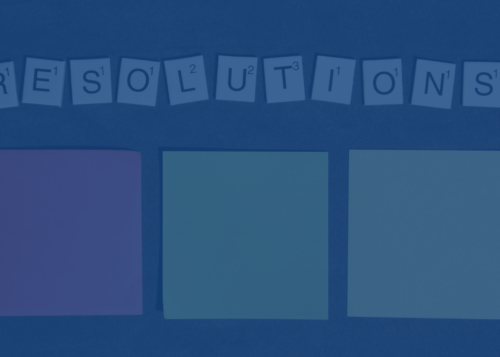
Resolve To Be Resilient: A True Cold Calling Resolution

Advice Every SDR Should Know

Alternative Prospecting Methods

Building Your Sales Development Puzzle

Building Confidence as an SDR

